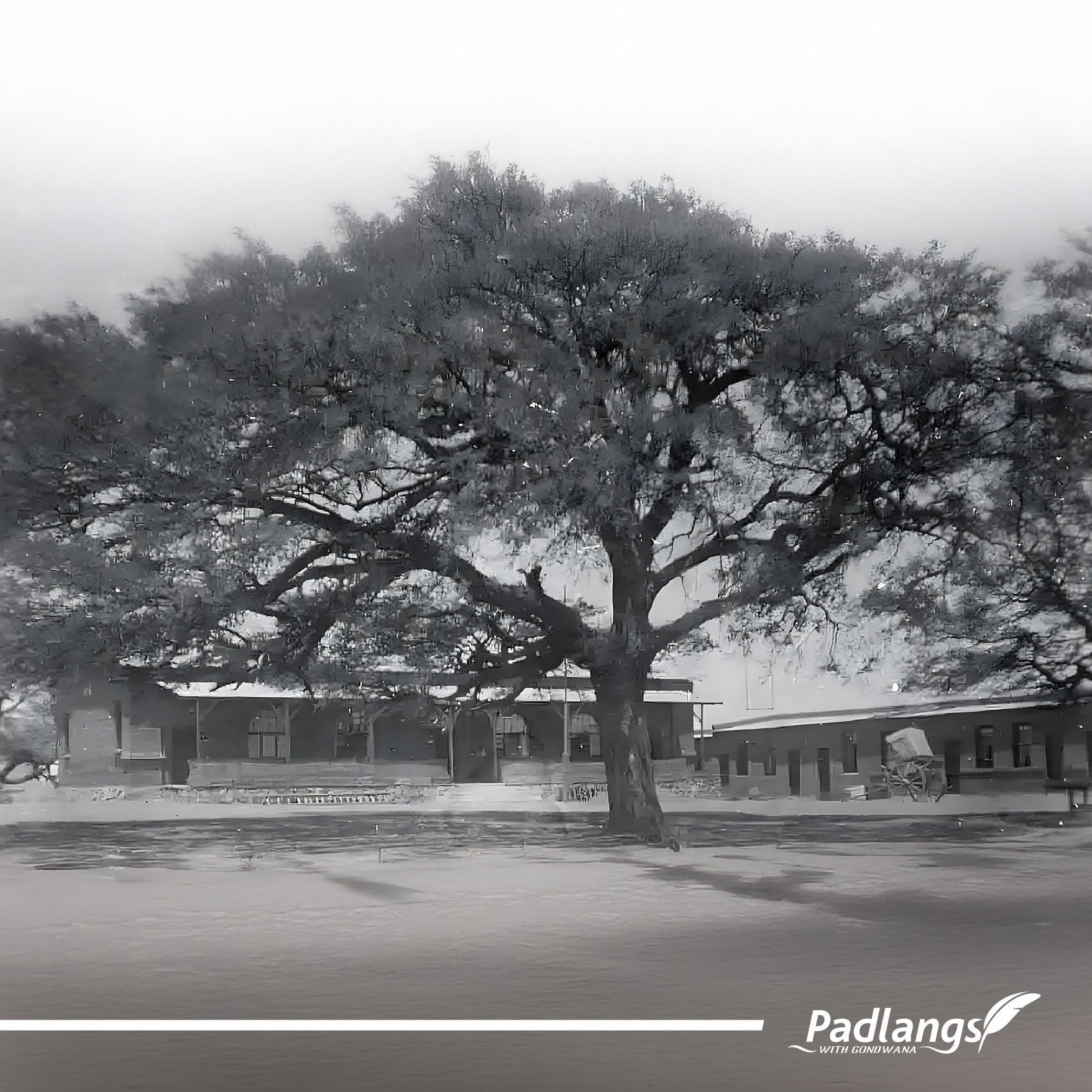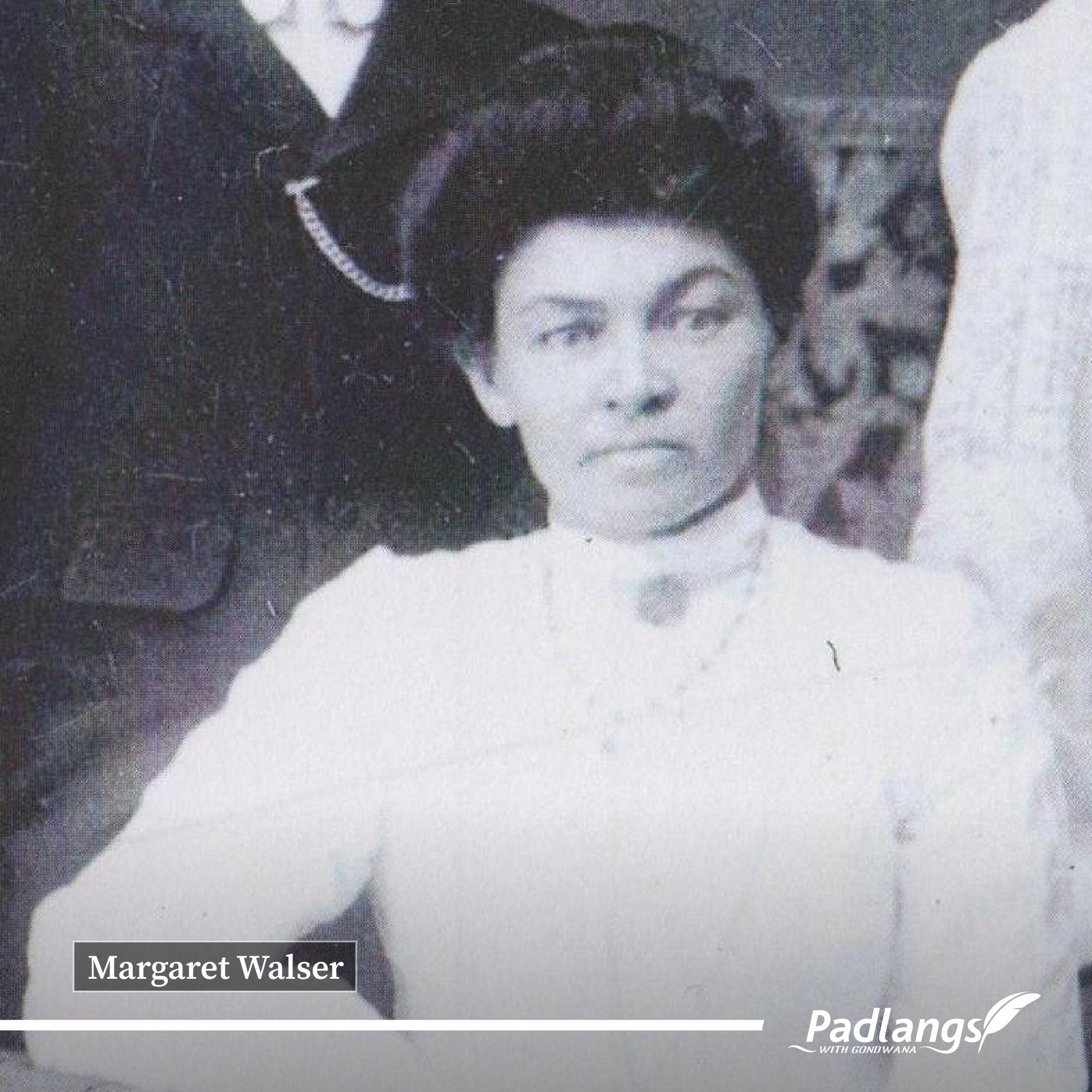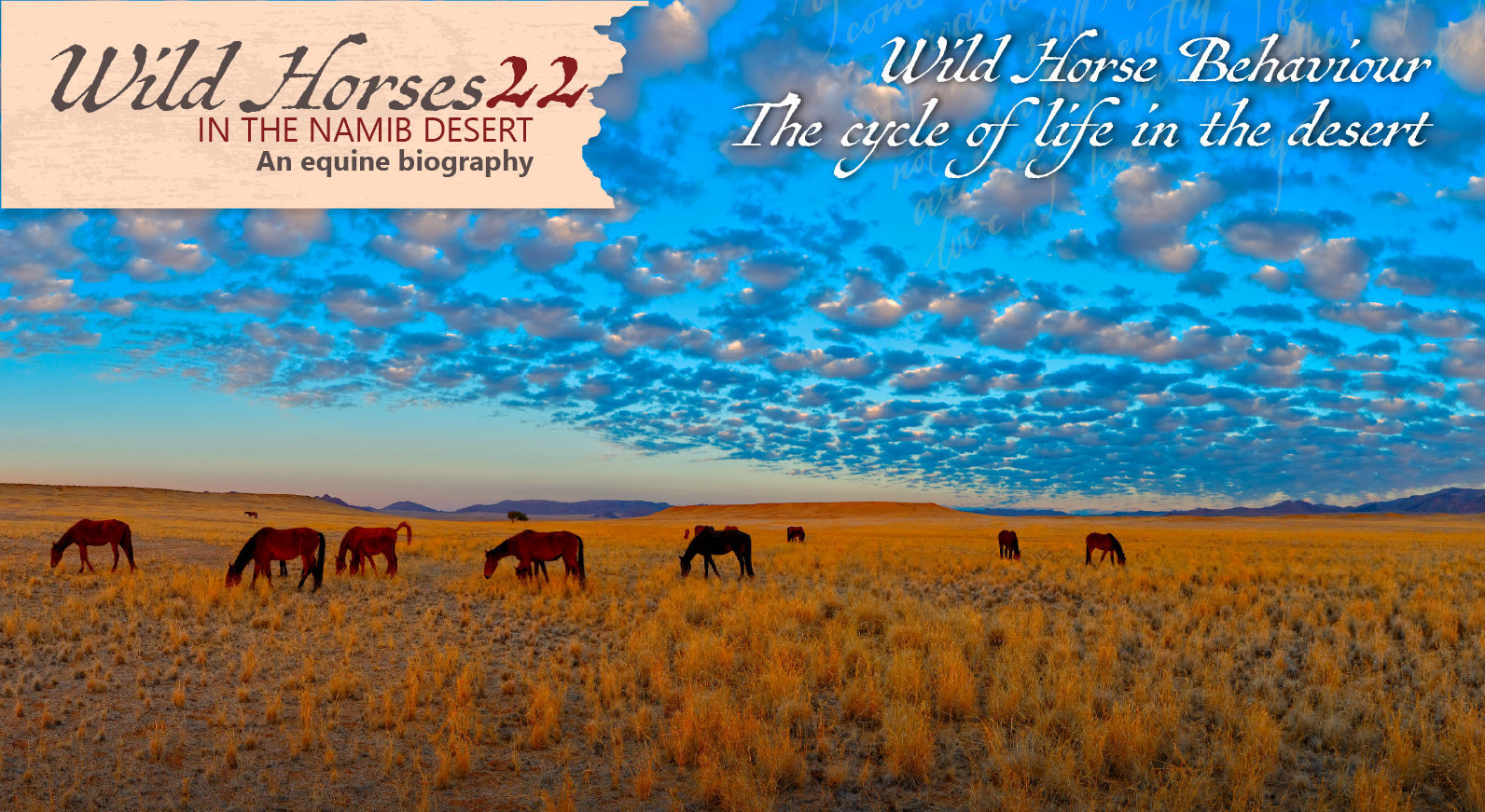Set in southern Namibia, Great Namaqualand, ‘Bittersweet Karas Home’ is the story of three families, the Hills, Walsers & Hartungs, whose lives merge and intertwine in a semi-arid land that presents both hardship and blessings. Over the next few months, we would like to share this bittersweet saga with you from the (as yet) unpublished book.
CHAPTER TWO (cont . . .)
Homes Lost and Found: The Walsers’ journey from the Rhine River to the Kalahari Desert
While the motley crew were busy unloading the cart on the banks of the river and harnessing the horses, Carl Wilhelm Walser focused on the world around him. The river water moved sluggishly downriver, fringed by the trees and thickets, and rocky mountains rose up on both sides. He saw dassies (rock hyraxes) scurrying across rocks and hiding in crevices, doves roosting on branches and francolins dashing under bushes. As he and his driver were in need of provisions, he took advantage of the river bounty, shooting a few birds and dassies, and filled up his water containers. Even though he did not consider himself an accomplished hunter, most of his quarry could be retrieved by him or his dogs.

His Cape cart made him look like a city gent on an outing. Serious travellers used ox-wagons, but he wanted to give the appearance of a temporary visit. He would be able to withdraw the money salvaged from the business from banks in Port Nolloth, Upington and Kimberley. This was a Rubicon to cross, but it was far better if it appeared to be a business excursion.
He paid his fare, responded to the crew insisting on ‘autare twak’ by generously handing out tobacco and then headed inland. The lushness of the river surroundings quickly transformed into brown and grey sand and gravel with scant vegetation. The temperature rose and the horses climbed more laboriously. The Richtersveld and Little Namaqualand had prepared him for such barrenness so he did not feel despair but eagerly anticipated his arrival in Groendoorn. Fortunately, the landscape soon became dwarf shrub savannah and blonde grass glittered and nodded in the wind. Sandfontein and Aluriesfontein offered sufficient water for himself and his animals.

When he came across a cluster of houses resembling a town, he knew he’d reached Warmbad. He had letters to deliver to Captain Willem Christian and the Rhenish missionaries. These were people who might be important for his new life. They were willing to arrange an official meeting with the Raad (Council) but he thought that this was still too early. After several cups of coffee and an introduction to Warmbad society he continued to Kalkfontein and then Kanus, leaving in the early afternoon to trek for another two hours. He found good grazing for his horses and unharnessed them for the night.
Carl Wilhelm was not a natural adventurer who thrived on the unknown; he preferred destinations. While approaching Hill country and the Klein Karas Mountains, he contemplated what lay ahead. Charles Henry Hill was a kind and friendly man who had invited him in a very general way to visit Groendoorn. Perhaps it was asking too much to expect him to direct the new phase in his life.
Whenever he encountered other people, he stopped to ask directions. They pointed to mountains in the distance and said: “The Hills’ main house is on Groendoorn but it is easier to find them at Holoog. You’ll see a large yellow brick-burning kiln on the right-hand side of the road. There is a dry riverbed in the fairly narrow valley between two hills. That is Holoog.”

He passed Grabwasser, the few houses of Klein Karas, Tsawisis, then saw the kiln and turned right onto the path leading to the farmhouse which followed the river bed. When the valley opened, he saw the Little Karas Mountains in the distance and a young man approaching him. He addressed Carl, “You must be looking for Charles Henry Hill. I’m James. Just follow me.”
The whole family was about to sit down for a meal. Charles Henry Hill introduced his wife, Susanna Rosina, his beautiful daughters, Agnes, Elizabeth, Margaret Susan and Wilhelmina Charlotte, and his sons Donald Duncan, James Henry, Charles John and Roland Martin. Charles asked about Carl’s partner, Hoffmann, whose death he was not yet aware of. Carl took this opportunity to explain the economic state he was in. His host politely suggested that they talk after the meal.
Susanna Rosina enquired about Steinkopf: “Have they had any rain? Have you seen my sister Elizabeth and her husband Johann Friedrich Hein?” He talked about Steinkopf telling Susanna that the drought had not yet broken and that he had not yet had the pleasure of meeting the Heins.
Having picked up the ability to determine people’s origins in his years in Cape Town, Carl could see she was a so-called Baster woman with white and Khoi origins. That also made her daughters Basters. This didn’t bother Carl. He had not grown up in the class hierarchies of the Cape and wasn’t concerned with its prejudices. He liked these young, self-confident and intelligent women.
Carl had grown tired of the freedoms of bachelorhood. He soon discovered that Margaret Susan was the daughter who appreciated his urban flair the most. They chatted about their days in London, Carl about his business apprenticeship in Islington with his uncle, Emil, and Margaret about her secondary education. They reminisced about streets, squares, parks and public buildings they both knew. Carl made a good impression with the Hill sisters by supplying them with sheet music for popular German romantic music and joining in their concerts, but he kept his eye on Margaret. While keeping a polite distance, the pair drifted towards each other within the limits of a respectable host-guest relationship.
The Hill sons were proficient hunters and herders. They spoke the difficult Nama language with its clicks, chatting easily with the farm workers, and their bush knowledge and veld-craft was impressive. They could identify many of the regional plants and animals and could read tracks. They were also expert transport drivers. He knew that he would have to acquire some of their skills but realised he could never hope to be as accomplished.
(Join us every Sunday to take a step back in time and follow the interesting, sometimes sweet, sometimes heart-wrenching tale.)


.jpg)
.jpg)





.png)

SUBMIT YOUR COMMENT